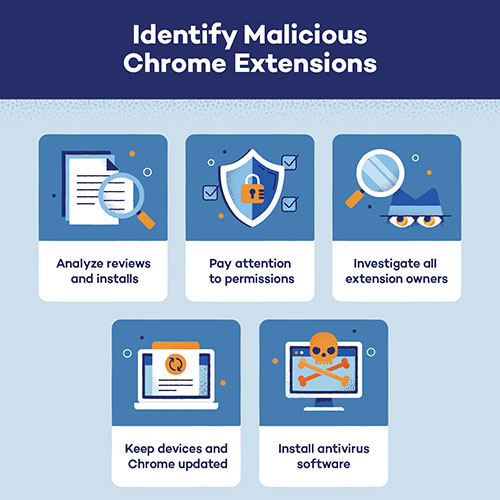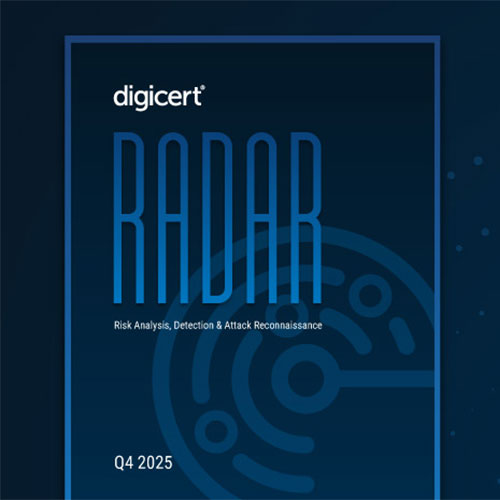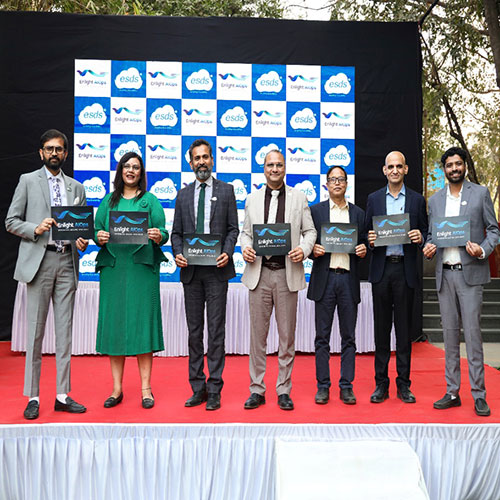
With digital payments and e-governance surging, the roadmap highlights the urgency to adopt quantum-resilient cybersecurity, as quantum computing could soon render traditional encryption methods like RSA and ECC obsolete.
In a decisive move to strengthen national cybersecurity against emerging quantum threats, the Ministry of Electronics and Information Technology (MeitY) has released a whitepaper titled “Transitioning to Quantum Cyber Readiness.” The roadmap, developed in collaboration with the Indian Computer Emergency Response Team (CERT-In) and cybersecurity firm SISA, outlines a strategic framework to prepare India’s digital ecosystem for the disruptive potential of quantum computing.
Urgency to Shift Toward Quantum-Resilient Cybersecurity
As quantum computing rapidly progresses from theoretical research to practical deployment, it poses a critical threat to today’s encryption systems such as RSA (Rivest–Shamir–Adleman) and ECC (Elliptic Curve Cryptography). These traditional encryption methods, which currently secure everything from digital payment systems to critical government infrastructure, are expected to be easily breakable by quantum computers in the coming decade. This makes quantum-safe encryption not just a technological upgrade, but a national security imperative.
India’s digital economy is booming—with massive adoption of UPI (Unified Payments Interface), Aadhaar-linked services, and other forms of e-governance—exposing a vast surface of potentially vulnerable data. The whitepaper highlights the urgent need for public and private entities to begin identifying cryptographic vulnerabilities, adopt post-quantum cryptography (PQC), and invest in quantum-resistant cybersecurity frameworks.
A Proactive Approach to Cyber Threat Mitigation
The roadmap stresses a proactive cybersecurity approach that involves:
- Cryptographic inventory mapping to identify systems using legacy encryption
- Risk assessments to gauge the impact of a quantum attack on current infrastructure
- Migration planning to quantum-safe algorithms and encryption protocols
- Stakeholder awareness programs across industries and government departments
- Encouragement for R&D investment in indigenous quantum-safe technologies
The whitepaper also draws attention to the global urgency of this issue, referencing similar efforts by the U.S. National Institute of Standards and Technology (NIST), European Union, and Singapore’s CSA, underlining India’s commitment to global cybersecurity leadership.
Building Resilience for the Future
Experts believe that a quantum-safe India will require not only technological transformation but also policy innovation, capacity building, and collaborative efforts between the government, tech companies, and academia. With this roadmap, India is taking a critical step toward building future-proof, resilient digital infrastructure in the age of quantum computing and advanced cyber threats.
See What’s Next in Tech With the Fast Forward Newsletter
Tweets From @varindiamag
Nothing to see here - yet
When they Tweet, their Tweets will show up here.





























